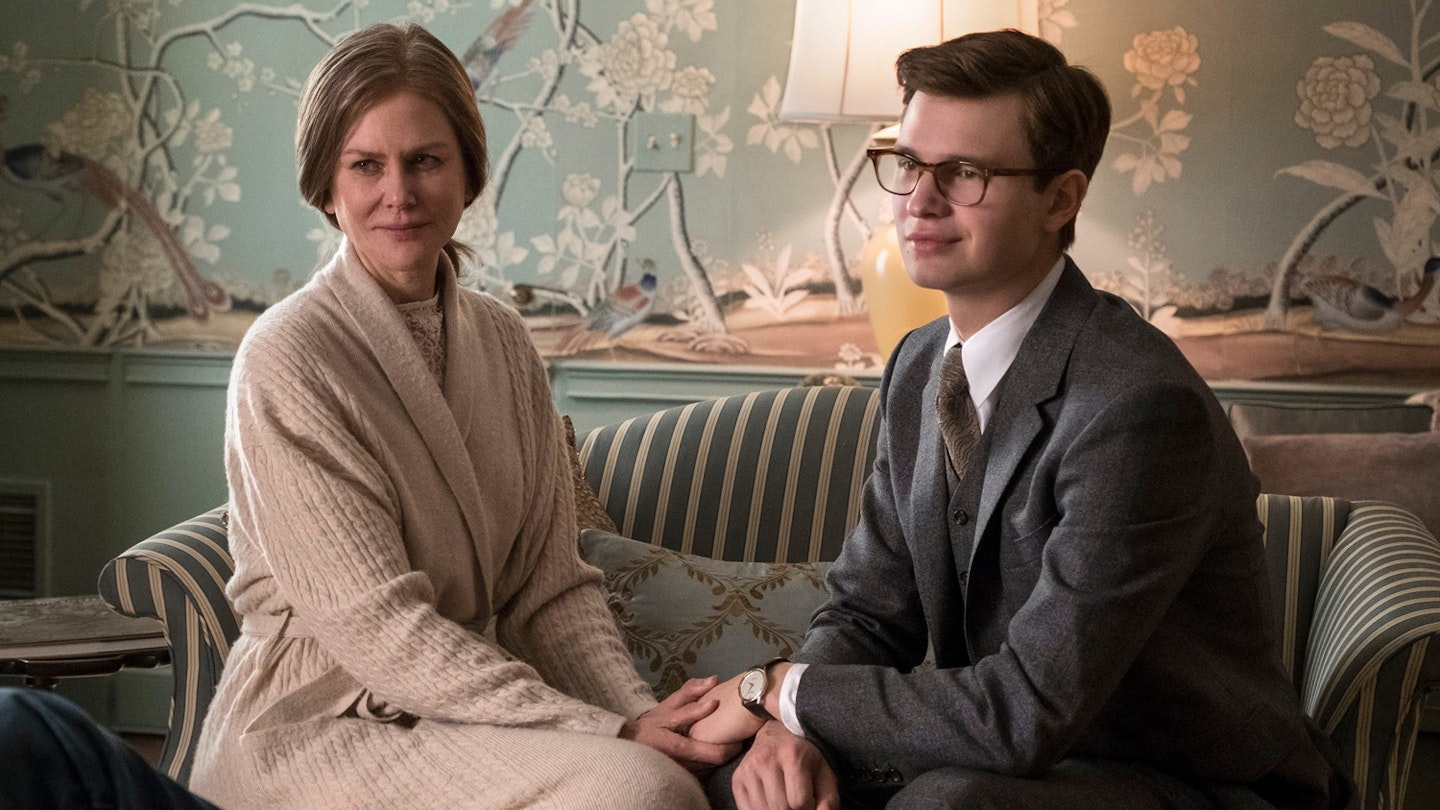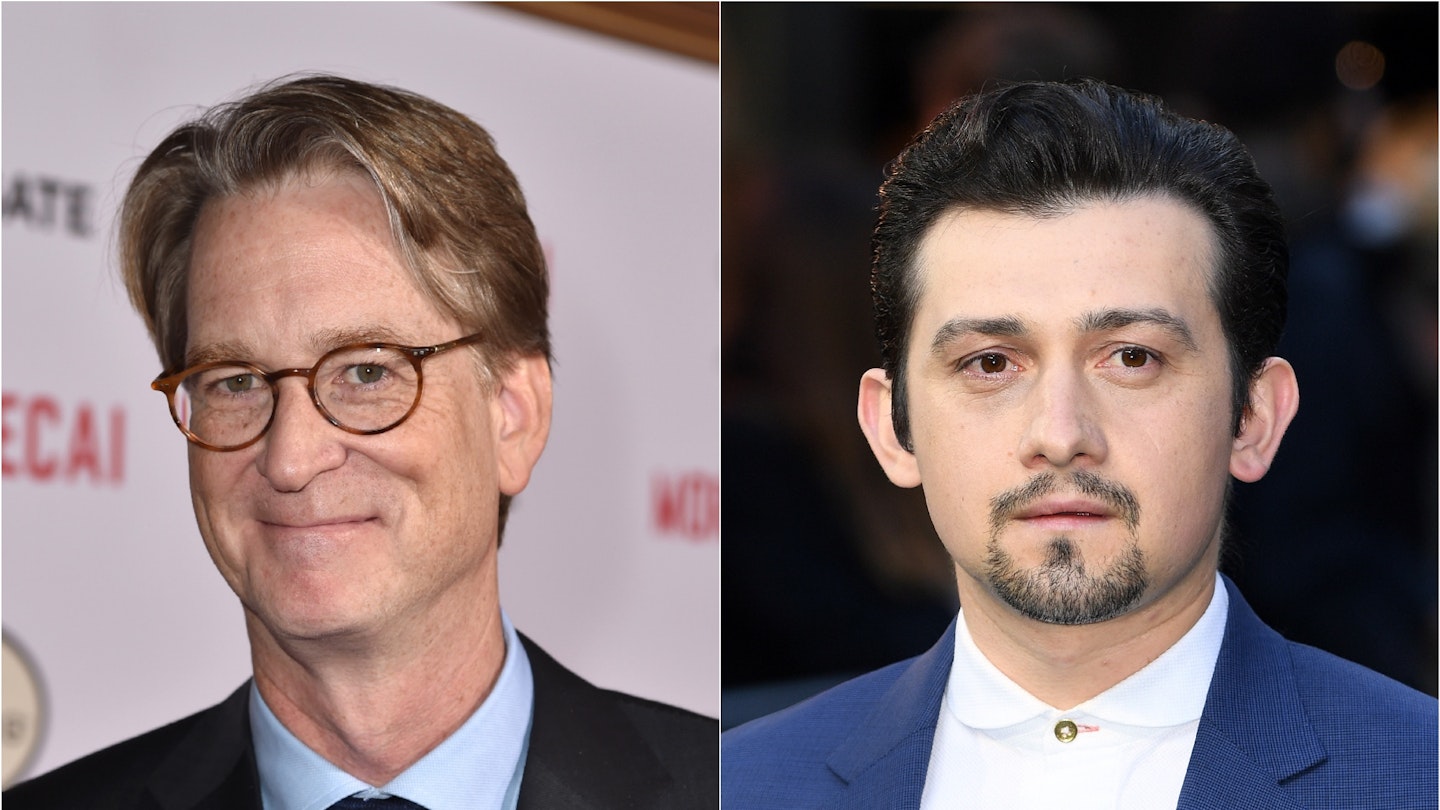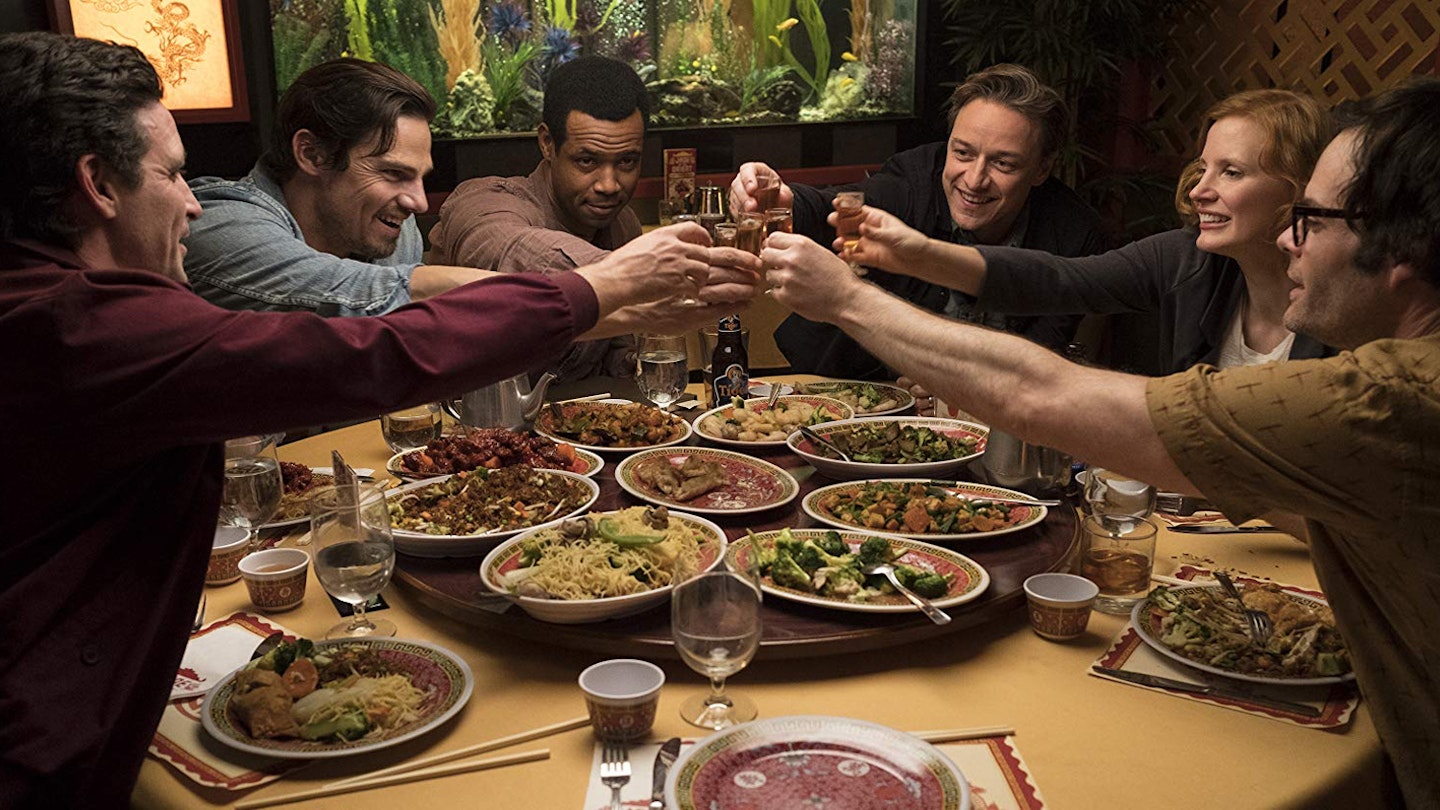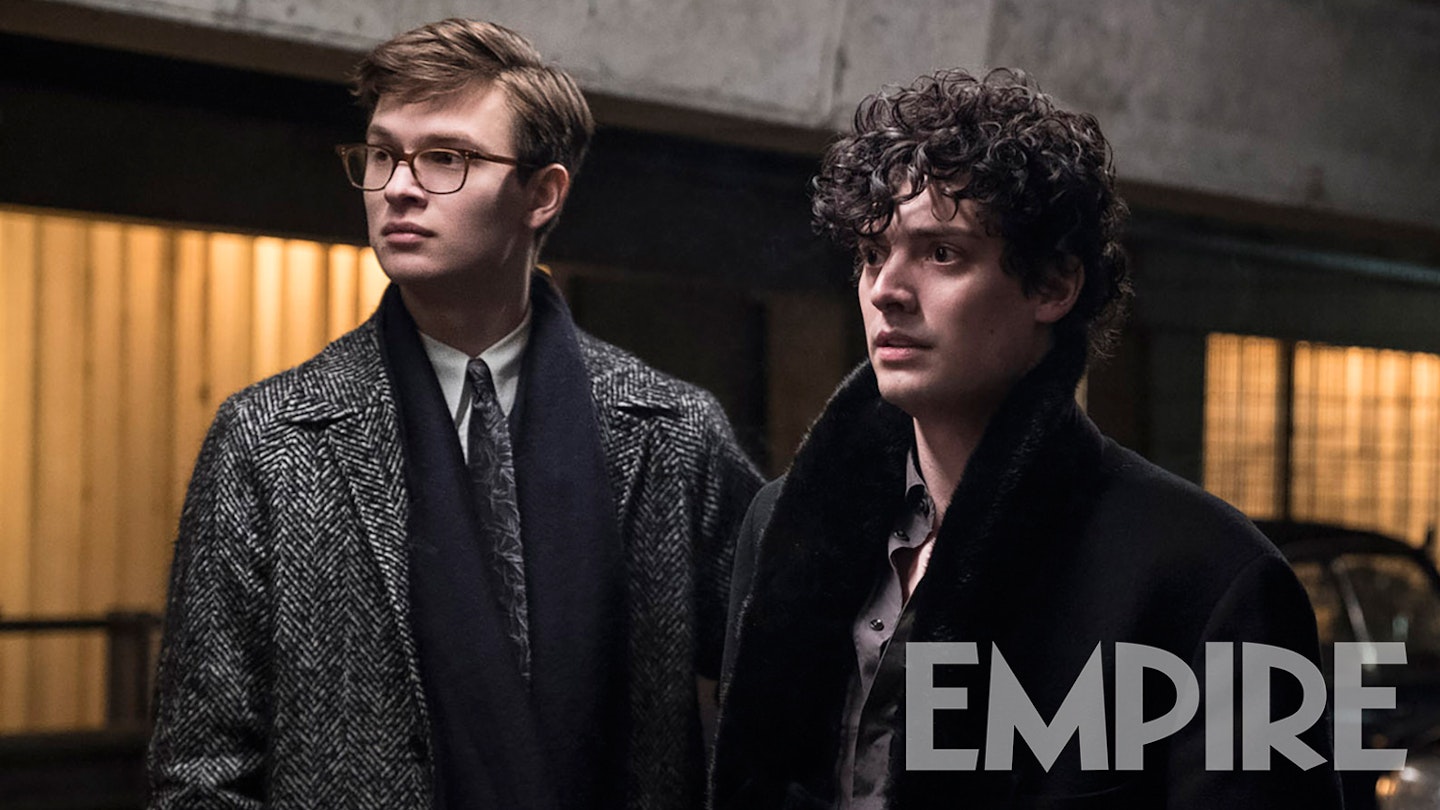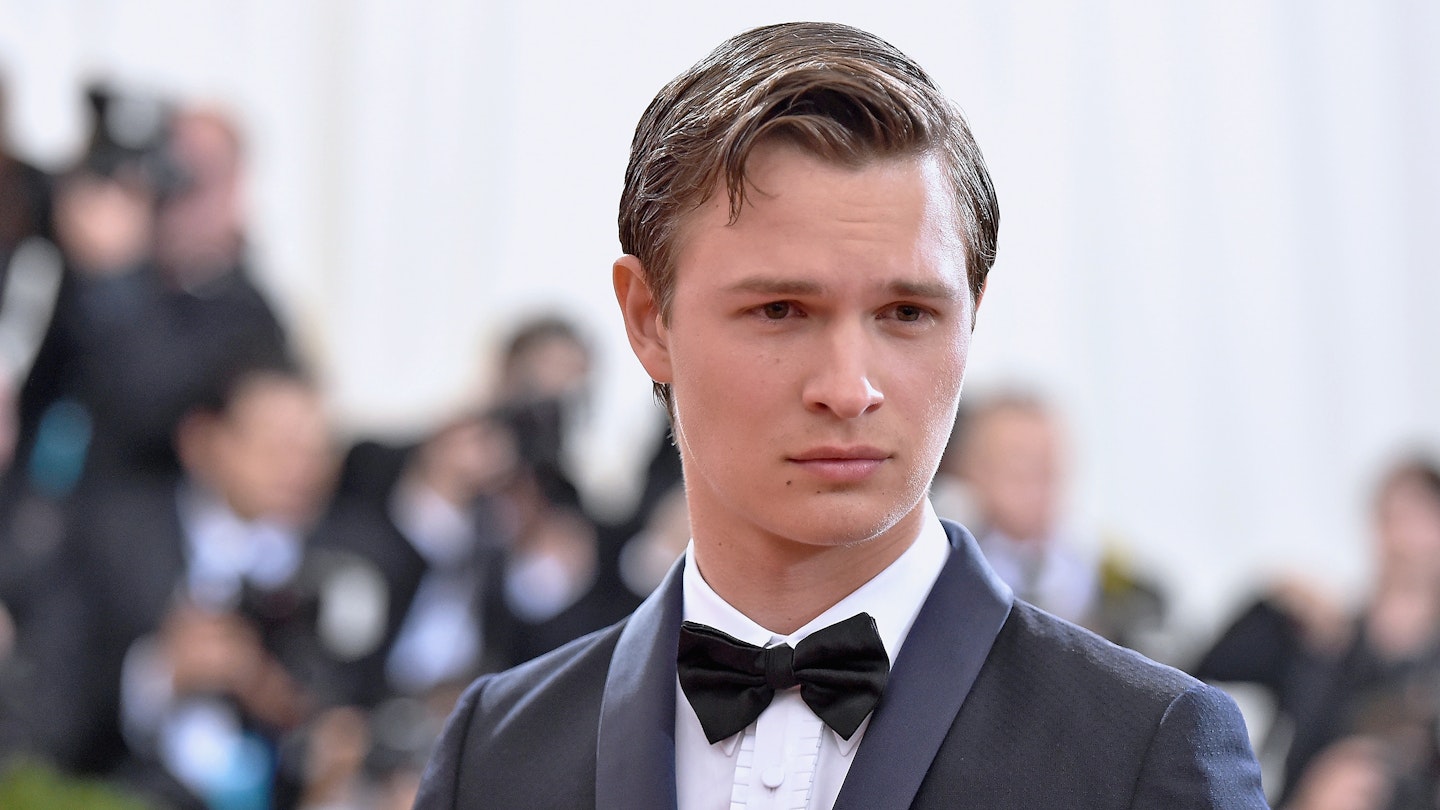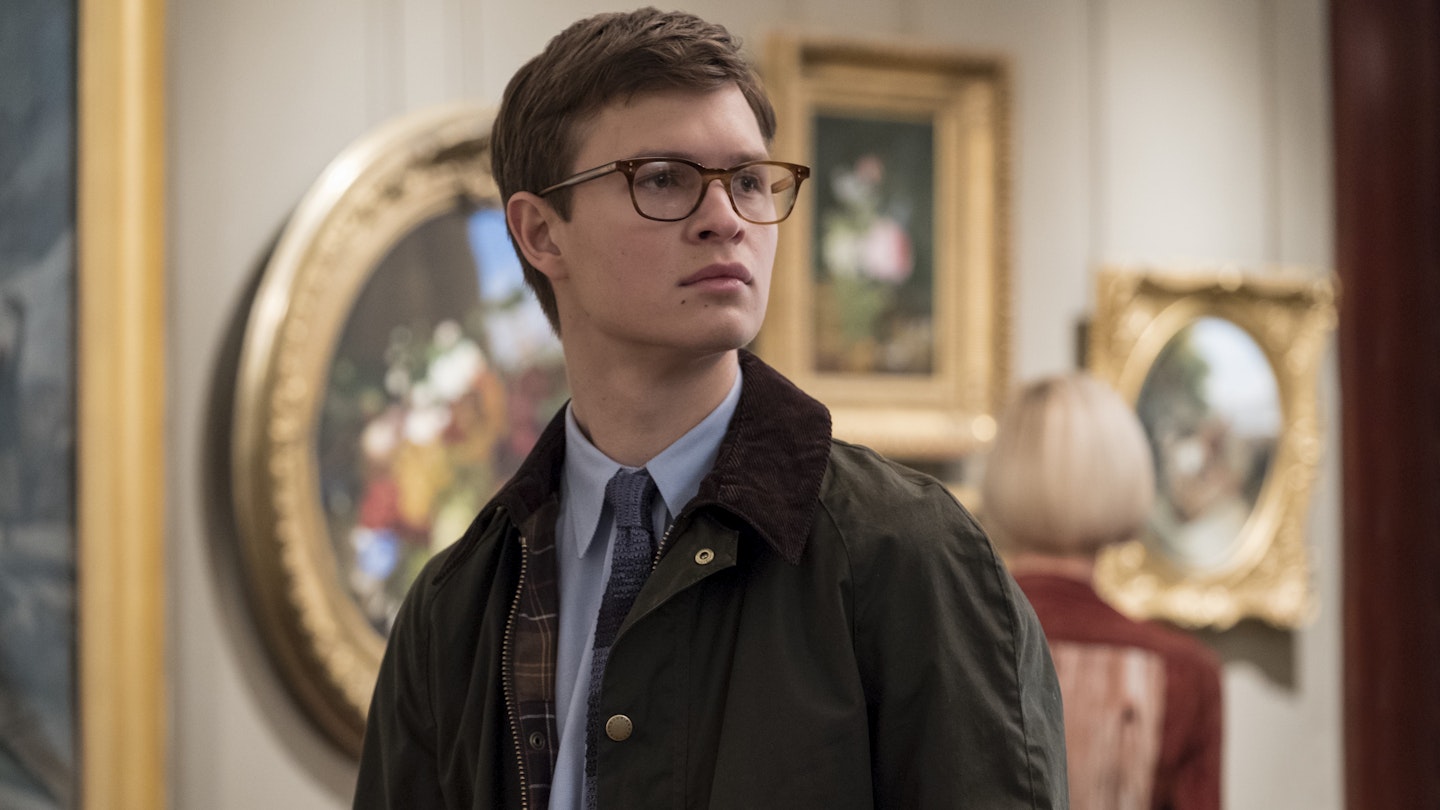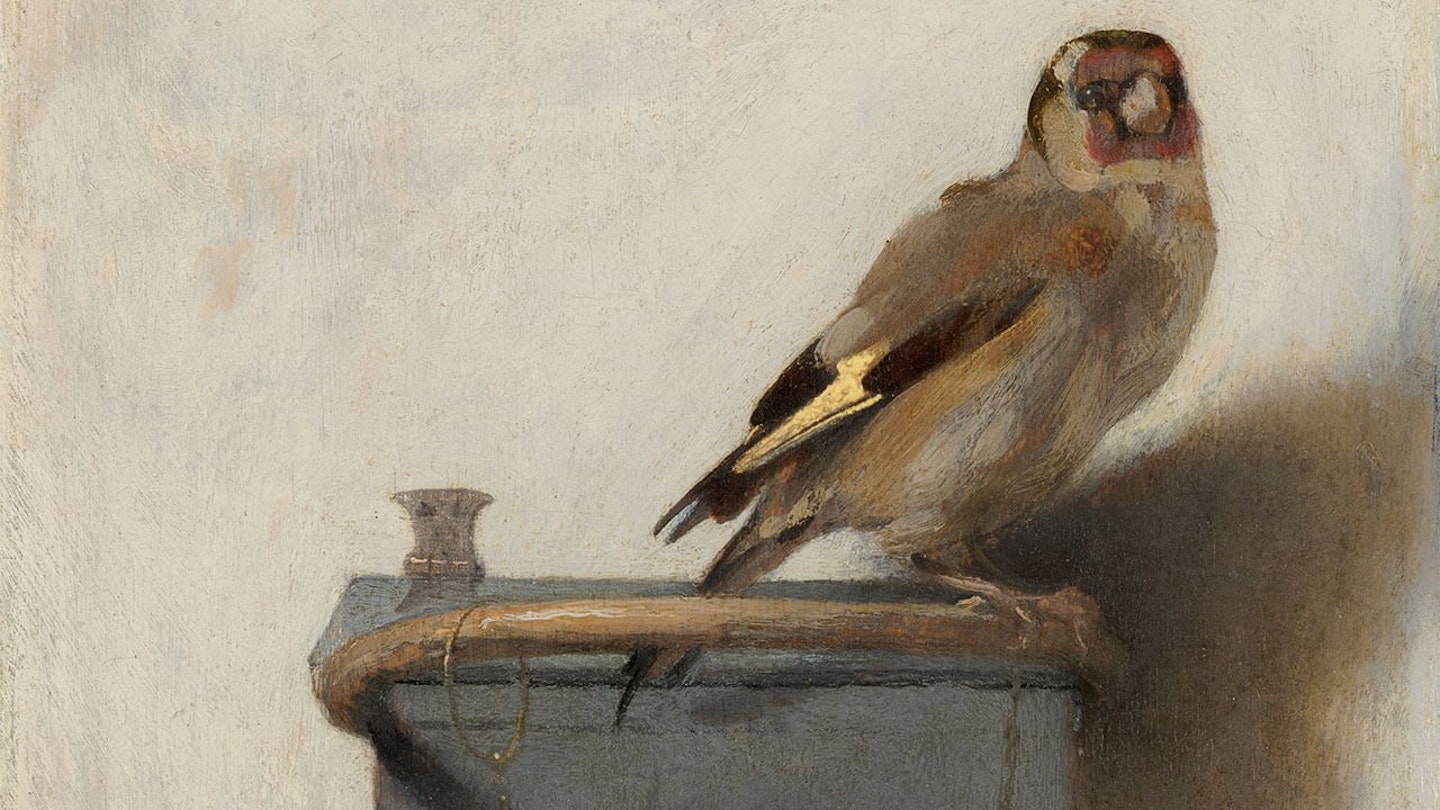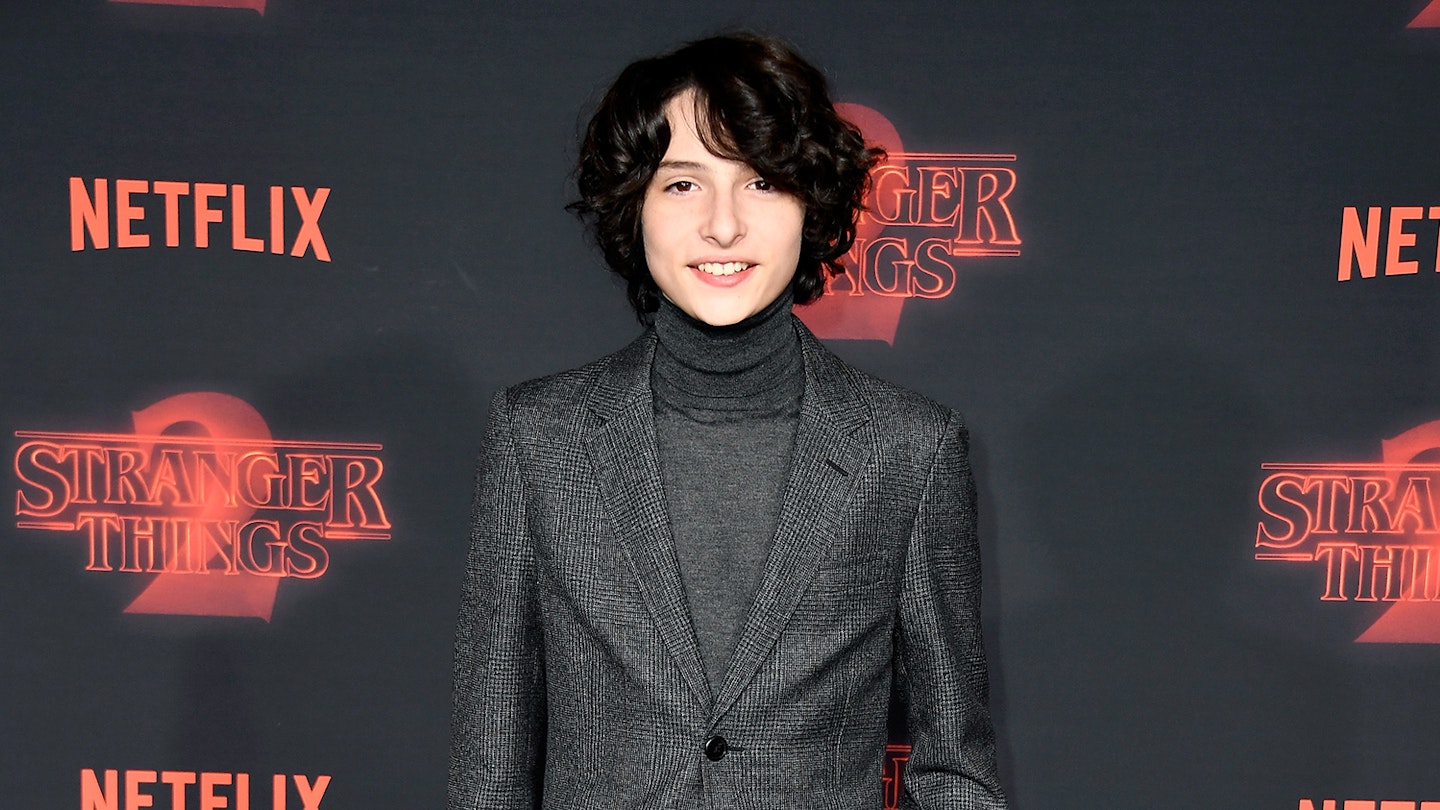Donna Tartt’s emu-sized, hyper-acclaimed book drills deep into the inner life of Theo, a young man who loses his mother and illicitly gains a famous painting when a bomb goes off in a New York art gallery. John Crowley’s adaptation struggles mightily to translate the novel’s ambition to the screen. Both as bespectacled teenager (Oakes Fegley) and bespectacled twentysomething (Ansel Elgort), Theo is a blank canvas and a deathly bore.
The whole endeavour manages to simultaneously drag and feel flimsy.
We know that he has an addiction to prescription drugs, an appreciation for antique furniture and a priceless art-work stashed under his bed, but even at a bum-testing two-and-a-half hour running time his psychology, so richly explored by Tartt, remains elusive, despite the occasional scads of flat voiceover. He wanders around New York for a while, moves to Vegas and befriends Ukrainian bad boy Boris (Finn Wolfhard and Aneurin Barnard), then returns to New York to be threatened by an implausibly serpentine art collector named Lucius (Denis O’Hare), but none of it speeds the pulse or stirs the heart.
The other characters aren’t much livelier. Whether it’s Nicole Kidman’s fretful high-society matriarch, Jeffrey Wright’s deadly serious repairer of objets d’art, or Luke Wilson’s irresponsible dad, they’re all constantly monologuing at the poor guy and speaking in such ponderous tones, it’s as if they know they’re uttering Pulitzer-winning words. The visuals, at least, are splendid — unsurprising given the film was shot by Roger Deakins, a cinematographer who can imbue even a Las Vegas swimming pool with a dream-like, mythic quality. But the whole endeavour manages to simultaneously drag and feel flimsy, shorn of the depth and insight of its source material (a mini-series would surely have made Theo far less of a cypher). Dreary and over-reverential, it’s a far cry from the sparkiness of Crowley’s last film Brooklyn, and hardly saved when it slips, ludicrously, into thriller mode at the end, with Theo going up against underworld goons.
